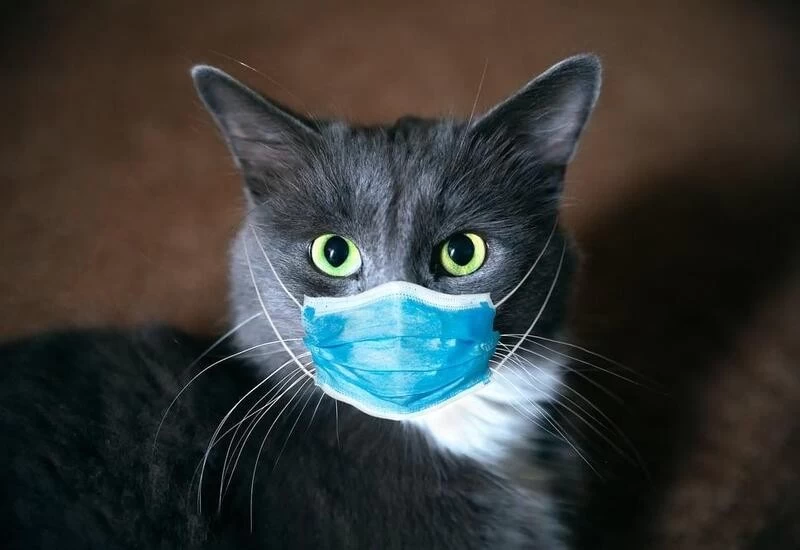Health: On Wednesday, researchers published a paper with evidence that cats can transmit the novel coronavirus SARS-CoV-2 to one another, and without showing symptoms. The fact that cats can get infected has been known for some time now; what do the latest findings add to existing knowledge?
Previous cases & findings
The most famous case of infection among cats, big or domestic, has been that of four-year-old Nadia, a Malayan tiger at New York’s Bronx Zoo. She tested positive last month, having apparently caught the virus from a zoo employee who had not shown symptoms. Within weeks, a few more tigers and lions at the zoo tested positive.
Among domestic cats, the first known infection happened in Belgium. This was after its human started showing symptoms.
There has also been at least one previous study, published in Science, that suggested domestic cats can infect infect one another. Chinese researchers inoculated a number of cats with the virus, and placed three of the cats in cages alongside other caged cats, which had not been inoculated. Later, the cats were euthanised; the virus RNA was found in all the inoculated cats and in one exposed cat, but not in the other two exposed cats.
The newest research
The new paper, by researchers from the US and Japan, is published in the New England Journal of Medicine.
The researchers isolated the coronavirus from a human patient and administered it to three cats. SARS-CoV-2 showed in nasal swabs of two cats the following day, and in all three within three days.
The day after administering the virus, the researchers placed a second cat in each cage. These three were not administered the virus. Within six days, all of the cats were shedding the virus. And all of it was detected in nasal swabs, but none in rectal swabs.
Each cat shed SARS-CoV-2 for up to six days. None of them showed symptoms, and eventually all of them got rid of the virus.
What is new, why it matters
The key finding was that cats can be asymptomatic while carrying the virus. “That was a major finding for us ù the cats did not have symptoms,” lead researcher Yoshihiro Kawaoka said in a statement issued by the University of Wisconsin.
Also, all the cats went on to clear the virus. In the Science study, the researchers euthanised the cats. Also, the Chinese researchers wrote they could not take nasal swabs because the cats were aggressive.
The latest findings, according to the researchers, suggest that cats may be capable of becoming infected when exposed to people or other cats positive for SARS-CoV-2. Other researchers have previously suggested reasons why cats may be vulnerable to infection from humans: feline and human cells have similar ACE2 receptors, which are enzymes that facilitate the coronavirus’s entry in the body.
The general view remains that a cat is more likely to get COVID-19 from a human, than a human getting it from a cat. The researchers have advised people with symptoms of COVID-19 avoid contact with cats.
What it does not mean
On Thursday, the Associated Press quoted the American Veterinary Medical Association as saying that just because an animal can be deliberately infected in a lab “does not mean that it will easily be infected with that same virus under natural conditions”. It said “there is no evidence to suggest that animals, including pets, that may be incidentally infected by humans are playing a role in the spread of COVID-19.”
The existing guidelines from the US Centers for Disease Control and Prevention (CDC) say that based on the limited information available so far, the risk of pets spreading coronavirus to people “is considered to be low.


